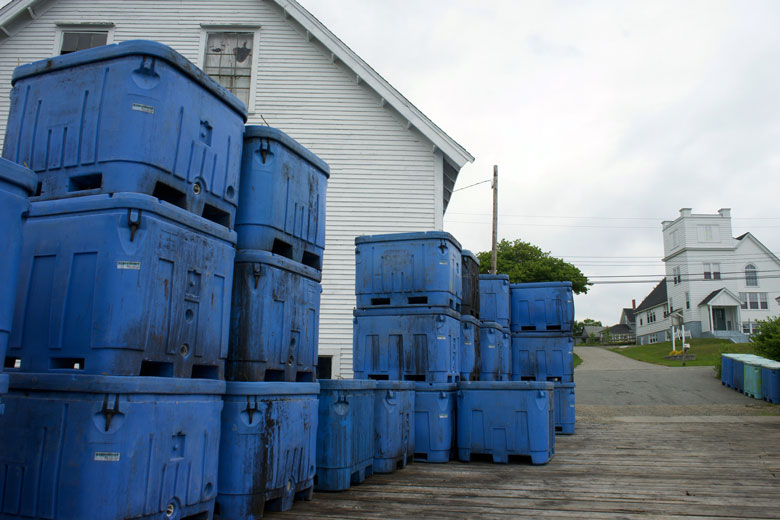It’s the letter no one wants to open—the dreaded perforated envelope from your municipality that comes once a year. Yep, you guessed it, your property tax bill.
Taxes only seem to change in one direction, up, and if you live in coastal Maine, perhaps the slope of this curve is steep. Some coastal landowners can tighten their belts and pay the bill, but this is not the case for everyone.
Historically, the fishing families of Maine lived along the coast and had proximity to their vessels and gear storage, and did not travel far to load those lobster traps on and off their boats each year.
That dynamic has changed over the years as more fishermen and their families have moved inland due to the inability to afford increasing taxes while the cost of doing business also increases, and as the catch fluctuates. As coastal property values in Maine have risen, property taxes have increased—even if you haven’t made any improvements or rebuilt your home like your neighbors.
The legislation will help fishermen retain the property that allows them to work and maintain the state’s heritage coastline.
For the fishing industry, the true value of coastal property lies less in the house itself and more in the land and the wharf or other water access. However, property taxes may not reflect this distinction. The median home price in Maine in 2020 was $220,000. This year, it’s $391,000. Higher values impact taxes when homes are assessed.
Fortunately, there is relief available for working waterfront property owners. It’s one of several offerings within the Current Land Use Programs of the Maine Revenue Service, along with relief offered for farmland, open space, and tree growth.
These programs offer a reduction in the assessed value of properties based on their current use instead of the highest and best use.
In 2005, Maine voters passed an amendment to the state constitution allowing working waterfront property to be assessed at current, not highest and best use. Then, the Working Waterfront Coalition worked with the legislature to develop the working waterfront program within Current Land Use, which went into effect in 2007.
Thanks to Rep. Dan Ankeles of Brunswick, and a collaboration between the Coastal Access Strategy Exchange and Maine Coast Fishermen’s Association (MCFA), the Working Waterfront program was amended in the 131st legislature.
The initiative began when a lobsterman from Brunswick addressed his town council to share his newly multiplied tax assessment. When he revealed the number, the crowd gasped.
He has owned the property since the 1970s, and seen family member after family member give up their waterfront property to move inland. The legislation, borne out of this predicament, will help fishermen retain the property that allows them to work and maintain the state’s heritage coastline.
“People moving here from out-of-state can afford the higher coastal property taxes,” says Chris Warner, a shellfish harvester, oyster farmer, and real estate agent. “But to us fishermen, it knocks us out. The local families selling the working waterfront properties are making hard decisions due to taxes, property values, and storm/climate impacts. Once it’s sold, the working waterfront is gone forever.”
The amendments garnered unanimous support from the Joint Standing Committee on Taxation, and the regulations were made effective on Aug. 9. The amendments include:
• A revised definition of working waterfront land that is inclusive of land used for commercial fishing activities, gear maintenance, and storage.
• Land used predominantly as working waterfront (90% or more for commercial fishing activity) is eligible for a reduction of 30%.
• Land used primarily as working waterfront (50%-89% for commercial fishing activity) is eligible for a reduction of 20%.
• Working waterfront land that is subject to a legally binding right-of-way or easement that permits access to intertidal land is eligible for an additional reduction of 10%.
• A delay in payment of penalties for non-compliance with working waterfront use for up to two years.
For a complete list of revisions and more detail, see MCFA’s blog post. If property owners are already enrolled in this program, the changes will automatically apply in 2025. If properties are not yet enrolled, owners will need to apply at their municipal office before April 1 to qualify for the tax year.
Jessica Gribbon Joyce operates Tidal Bay Consulting in South Freeport. Monique Coombs and Emily Coffin of Maine Coast Fishermen’s Association contributed to this column.





